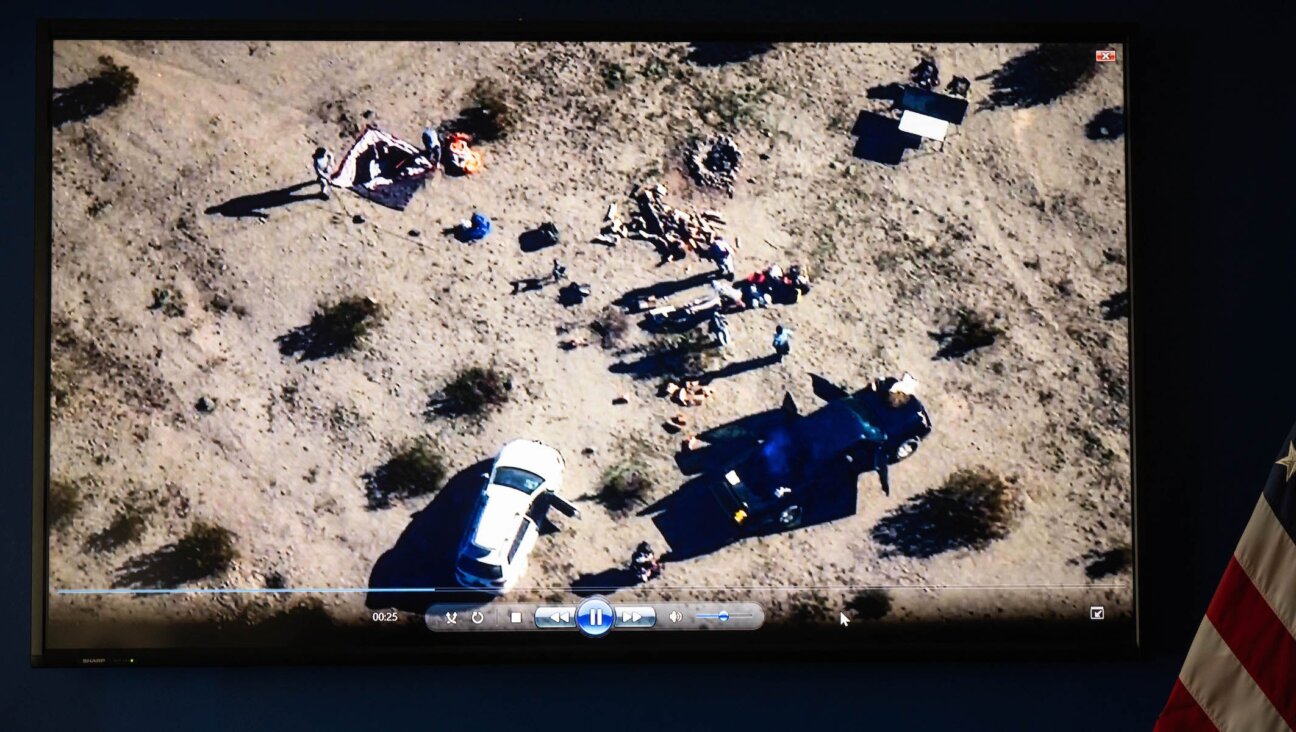What Was the Israeli Involvement in Collecting Communications Intel for NSA?

Graphic by Angelie Zaslavsky
Were Israeli companies Verint and Narus the ones that collected information from the U.S. communications network for the National Security Agency?
The question arises amid controversy over revelations that the NSA has been collecting the phone records of hundreds of millions of Americans every day, creating a database through which it can learn whether terror suspects have been in contact with people in the United States. It also was disclosed this week that the NSA has been gathering all Internet usage – audio, video, photographs, emails and searches – from nine major U.S. Internet providers, including Microsoft and Google, in hopes of detecting suspicious behavior that begins overseas.
According to an article in the American technology magazine “Wired” from April 2012, two Israeli companies – which the magazine describes as having close connections to the Israeli security community – conduct bugging and wiretapping for the NSA.
Verint, which took over its parent company Comverse Technology earlier this year, is responsible for tapping the communication lines of the American telephone giant Verizon, according to a past Verizon employee sited by James Bamford in Wired. Neither Verint nor Verizon commented on the matter.
Natus, which was acquired in 2010 by the American company Boeing, supplied the software and hardware used at AT&T wiretapping rooms, according to whistleblower Mark Klein, who revealed the information in 2004. Klein, a past technician at AT&T who filed a suit against the company for spying on its customers, revealed a “secret room” in the company’s San Fransisco office, where the NSA collected data on American citizens’ telephone calls and Internet surfing.
Read more at Haaretz.com.













